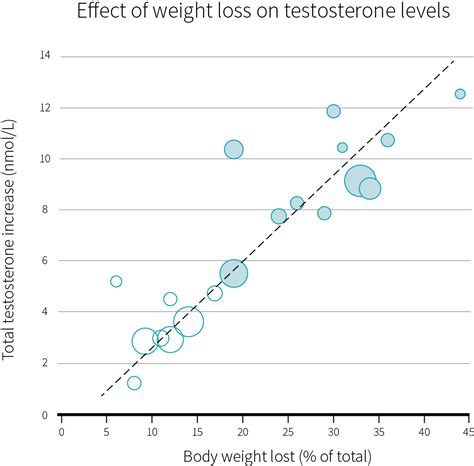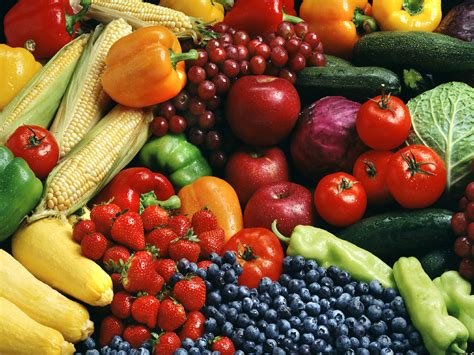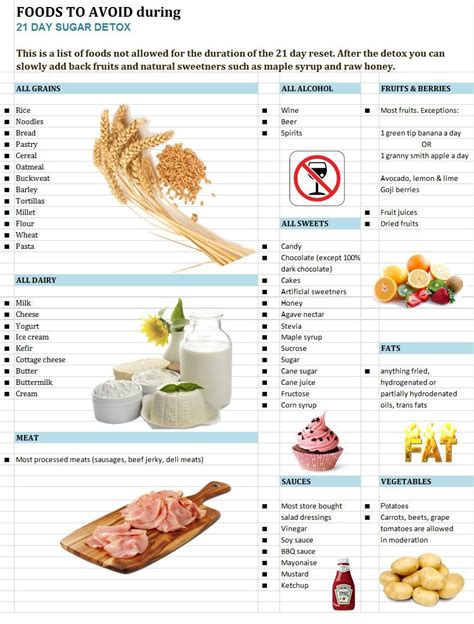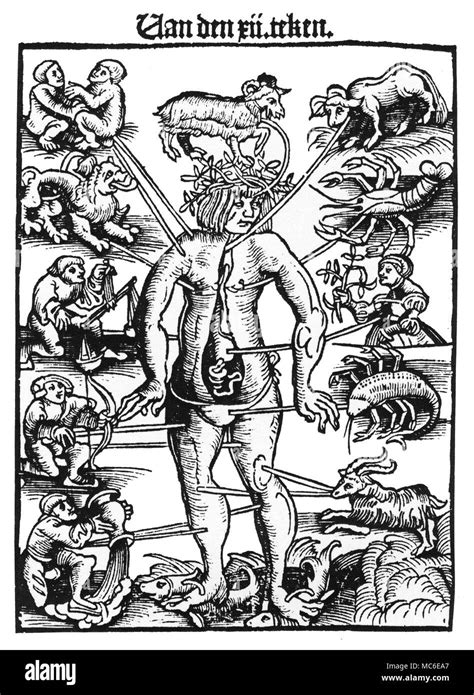What specific dietary changes boost energy & naturally optimize men’s testosterone levels?

For men, maintaining optimal energy levels and healthy testosterone is crucial for overall well-being, mood, physical strength, and vitality. While numerous factors influence these aspects, diet stands as a powerful, modifiable tool. Making strategic changes to what you eat can significantly impact both your daily energy and your body’s natural hormone production.
Building Blocks: Macronutrients for Sustained Energy and Hormone Health
The foundation of any energy-boosting and testosterone-optimizing diet lies in a balanced intake of macronutrients: protein, healthy fats, and complex carbohydrates.
- Quality Protein: Essential for muscle repair, growth, and hormone synthesis. Aim for lean sources like chicken breast, turkey, fish, eggs, and plant-based options such as lentils, beans, and tofu.
- Healthy Fats: Far from being the enemy, healthy fats are critical for hormone production, including testosterone. Focus on monounsaturated and polyunsaturated fats.
- Complex Carbohydrates: Provide a steady release of energy, preventing spikes and crashes. Choose whole grains, fruits, and vegetables over refined sugars.

Key Micronutrients to Boost Energy
Beyond macronutrients, specific vitamins and minerals play a pivotal role in energy metabolism.
- Iron: Essential for transporting oxygen in the blood. Low iron can lead to fatigue. Sources include red meat, spinach, lentils, and fortified cereals.
- B Vitamins (B6, B12, Folate): Crucial for converting food into energy. Find them in whole grains, meat, eggs, dairy, leafy greens, and legumes.
- Magnesium: Involved in over 300 biochemical reactions, including energy production and muscle function. Rich sources are nuts, seeds, leafy greens, and whole grains.
- Coenzyme Q10 (CoQ10): A powerful antioxidant vital for cellular energy production. Found in fatty fish, organ meats, and whole grains.
Essential Nutrients for Natural Testosterone Optimization
Optimizing testosterone levels naturally involves ensuring adequate intake of several key micronutrients and specific types of fats.
- Zinc: A critical mineral for testosterone production and sperm health. Deficiencies are linked to lower testosterone. Excellent sources include oysters, red meat, poultry, beans, nuts, and dairy.
- Vitamin D: Often called the “sunshine vitamin,” Vitamin D acts like a steroid hormone and is strongly correlated with testosterone levels. While sunlight is primary, dietary sources include fatty fish (salmon, mackerel), fortified milk, and egg yolks.
- Healthy Fats (again!): Cholesterol is a precursor to testosterone. Adequate intake of healthy fats from avocados, olive oil, nuts, seeds, and fatty fish provides the necessary building blocks. Saturated fat in moderation, from sources like grass-fed butter or coconut oil, also plays a role.
- Magnesium: As mentioned for energy, magnesium also plays a direct role in maintaining free testosterone levels by reducing its binding to sex hormone-binding globulin (SHBG).

Foods to Embrace for Dual Benefits
Certain foods are particularly beneficial for both energy and testosterone due to their nutrient profiles.
- Cruciferous Vegetables: Broccoli, cauliflower, cabbage, and Brussels sprouts contain indole-3-carbinol (I3C) which helps the body metabolize estrogen, potentially supporting a healthier testosterone-to-estrogen ratio.
- Berries: Rich in antioxidants, they combat oxidative stress, which can negatively impact energy and hormonal health.
- Fatty Fish: Salmon, mackerel, and sardines are packed with Omega-3 fatty acids, vitamin D, and protein, all crucial for hormone regulation and reducing inflammation that can sap energy.
- Nuts and Seeds: Almonds, walnuts, flaxseeds, and pumpkin seeds offer healthy fats, zinc, magnesium, and fiber, contributing to sustained energy and hormone balance.
- Garlic and Ginger: These root vegetables have been linked to anti-inflammatory benefits and and, in some studies, improved testosterone production.

Dietary Habits to Limit or Avoid
Just as important as what you eat is what you limit or avoid to prevent undermining your energy and testosterone goals.
- Processed Foods and Refined Sugars: These lead to energy crashes, promote inflammation, and can negatively impact hormone regulation.
- Excessive Alcohol: Can increase estrogen levels, impair liver function, and reduce testosterone. Moderate consumption is key.
- Unhealthy Fats: Trans fats found in fried foods and many packaged snacks can contribute to inflammation and harm cardiovascular health, indirectly impacting energy and hormones.
- Soy in Excess: While generally healthy in moderation, some studies suggest very high intake of certain soy products might have estrogenic effects. More research is needed, but moderation is a sensible approach.

Beyond the Plate: Lifestyle Synergy
While diet is foundational, a holistic approach that includes other lifestyle factors will amplify your results.
- Adequate Sleep: Poor sleep dramatically lowers testosterone and energy. Aim for 7-9 hours of quality sleep per night.
- Regular Exercise: Particularly strength training and high-intensity interval training (HIIT), can significantly boost testosterone and energy levels.
- Stress Management: Chronic stress elevates cortisol, which can suppress testosterone production. Incorporate stress-reducing activities like meditation, yoga, or spending time in nature.

Conclusion
Optimizing energy and naturally boosting testosterone in men is a journey rooted in thoughtful dietary choices. By prioritizing whole, unprocessed foods rich in essential proteins, healthy fats, complex carbohydrates, and key micronutrients like zinc, vitamin D, and magnesium, you can lay a strong foundation for vitality. Coupled with smart lifestyle habits, these dietary changes offer a powerful, natural path to enhanced well-being and peak masculine health.









